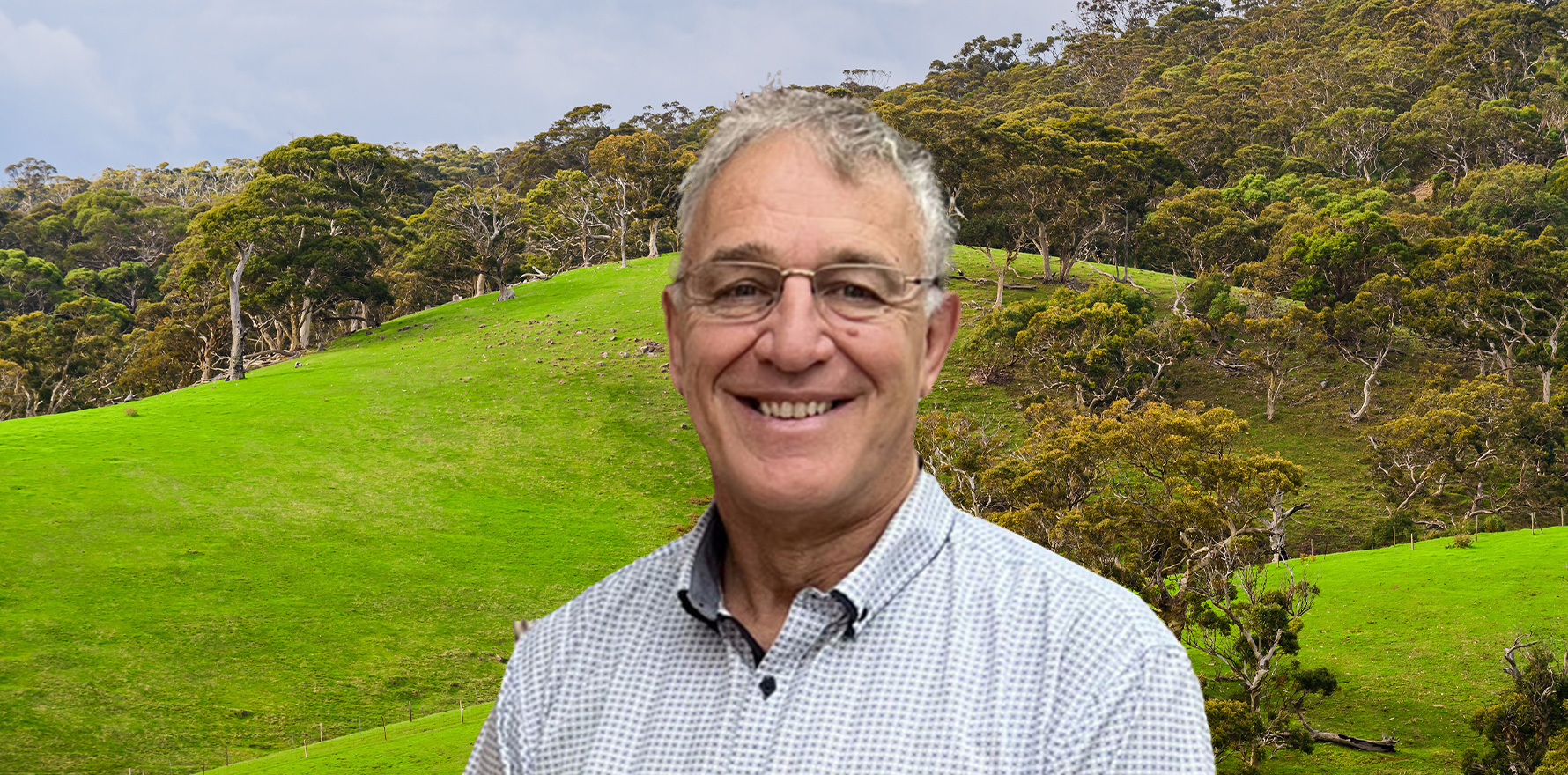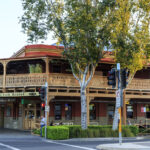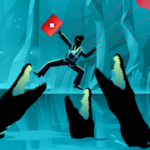A rheu-ral general practice shares the secrets of success.
Rheumatology patients in rural Crystal Brook, South Australia, have excellent disease management through their local general practice.
Dr Richard McKinnon, GP and co-owner of Crystal Brook Medical Practice, says the secret to their success was ongoing education through a government-funded program, and the long-term relationship with Adelaide rheumatologist Dr Simon Burnet.
“Under the Medical Specialist Outreach Assistance Program, specialists are asked to do one or two lectures a year to the rural doctors and students,” said Dr McKinnon.
“But one of the things I really value is sitting down for a coffee, an informal chat about golf handicaps or whatever, and then saying, ‘Ah, Simon, now just remind me about gout, or remind me about SLE’.”
Crystal Brook is 200 kilometres north of Adelaide. It’s “a lovely town” with a good golf course says Dr McKinnon, though despite its idyllic name, there’s no babbling brook.
“The water source is damned upstream, so we only see a water course about every five years when it flows about for about a week through our beautiful golf course. Then water hazards turn into true water hazards,” Dr McKinnon said.
Crystal Brook’s population of 1800 grows to around 3500 if surrounding farms are included. Dr McKinnon estimates the disease burden of rheumatology conditions at around 5% of the population. However, visiting rheumatologist Dr Burnet doesn’t see many of those patients.
As a result of training and conversations over the past couple of decades, the small-town medical practice has been upskilled to treat various rheumatology conditions with great confidence.
“Simon has delivered the education which I now pass on to the registrars. For example, we have templates for treating gout in our patient management system that we created with Simon. The registrar can just print out and follow the template,” Dr McKinnon said.
Dr McKinnon says he is also now quite confident treating polymyalgia rheumatica.
“It’s only about once every three or four years, I say, ‘Simon, I’m not winning here’ and he’ll say, ‘I’ll see the patient’.”
Dr Burnet is also consulted about abnormal test results.
“I’ll call Simon and he has the experience to say ‘You can ignore that one. It’s just a one-off test. It might declare itself in a year or so’. This gives us that real confidence to not go investigating for an abnormal test that doesn’t really need it,” Dr McKinnon said.
Another skill Dr Burnet has passed on to the country practice is the injection of joints posteriorly rather than anteriorly.
“Rural GPS will do more procedures than, perhaps, our city colleagues. As long as we learn the technique properly and are not putting the patient at increased risk, we will do those procedures. We also encourage and teach the registrars coming through, because you don’t want patients to have to travel 200 kilometres to get treatment,” he said.
Dr McKinnon says that the style of training new doctors now receive may be sacrificing their clinical acumen to the ready availability of investigations.
“It’s not their fault. It’s what they see in big teaching hospitals. They’re more reliant on sophisticated investigations, CAT scans, MRIs. They see injections being done into joints, all under ultrasound. So that becomes their norm. They then think if you’re not using an ultrasound probe, the patient is somehow not getting proper care,” Dr McKinnon said.
A friend of Dr McKinnon’s recently presented at a private hospital emergency department in Adelaide, with an acutely sore foot. The patient received a bill for $1500, which included a CAT scan and x-ray for what the doctor thought might be an infection. The patient was prescribed antibiotics but didn’t get better.
Eventually the friend went to Dr McKinnon and said that he’d had an acutely red sore foot, that “was really bad”, on and off for the last two years.
“It was just gout. He didn’t need all those investigations. I looked up his blood test and his urate was high. We treated him with prednisolone and he’s been pain free since,” he said.
Rheumatologists visiting remote areas often find that disease is quite advanced. However, the ongoing training provided by Dr Burnet means Crystal Brook Medical Practice is ahead of the game. Dr McKinnon said most patients will come for a consultation if they’re getting the general small joint pains of rheumatoid arthritis.
“When Simon gives the lecture on rheumatoid arthritis, he brings up pictures of rheumatoid hands with advanced disease. He says, ‘Don’t make me come out to see these kinds of patients’. It’s a way of making the point that advanced disease is a failure of treatment, a failure of the system.”
After 34 years at Crystal Brook, Dr McKinnon knows his patient demographics well. He said that the practice does see a lot of osteoarthritis and “wear-and-tear arthritis” and that the adage about “the old farmer who carries on despite the pain” is spot on.
“We’ll see the middle-aged man limping down the corridor with gout. They’ve only come in because they can’t go out and do any more farming because they’re in absolute agony,” he said.
Dr McKinnon says these patients often have adherence challenges so he’s “really got to sell it to them”.
“When they come in for the third time I say, ‘Mate, are you going to listen to me now? If you give me three months, I’ll get you back to one tablet a day. That’s all you need to take for the rest of your life. You’re going to be probably taking up to 12 tablets a day for a while. But then I guarantee you, one tablet a day. And you’ll never have to see me again for your gout’,” Dr McKinnon said.
Ultimately, the ability for Crystal Brook medical practice to effectively treat so many rheumatology patients hinges on the long-term commitment of a couple of doctors. Dr McKinnon says most of the doctors who come out to the country feel some affinity or duty to provide services to rural areas.
“It’s not just, ‘come out, see the patients, take the money and go home’. Simon doesn’t come out here for the money. He’s a pretty top-notch rheumatologist in Adelaide. He could just sit in his office down there. When he does come out and we sit and have a coffee, what we actually talk about is amazing,” Dr McKinnon said.
The people of Crystal Brook can be glad about that.




